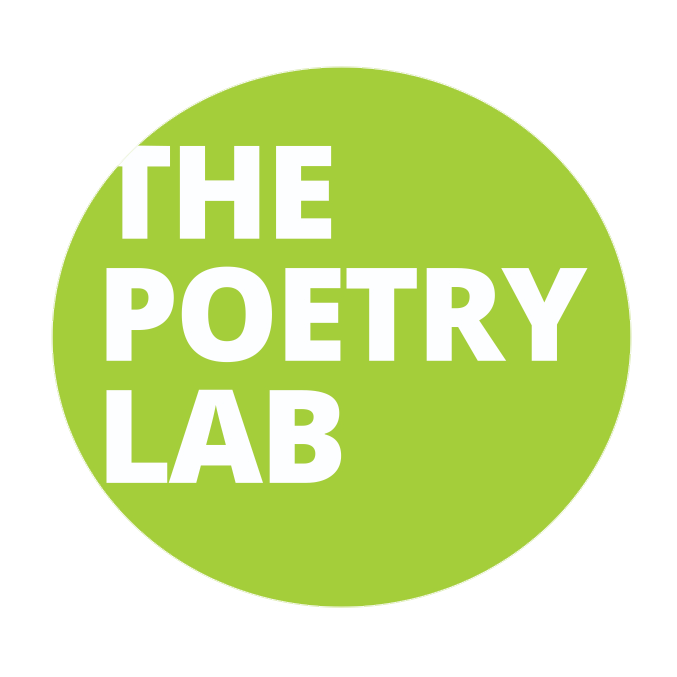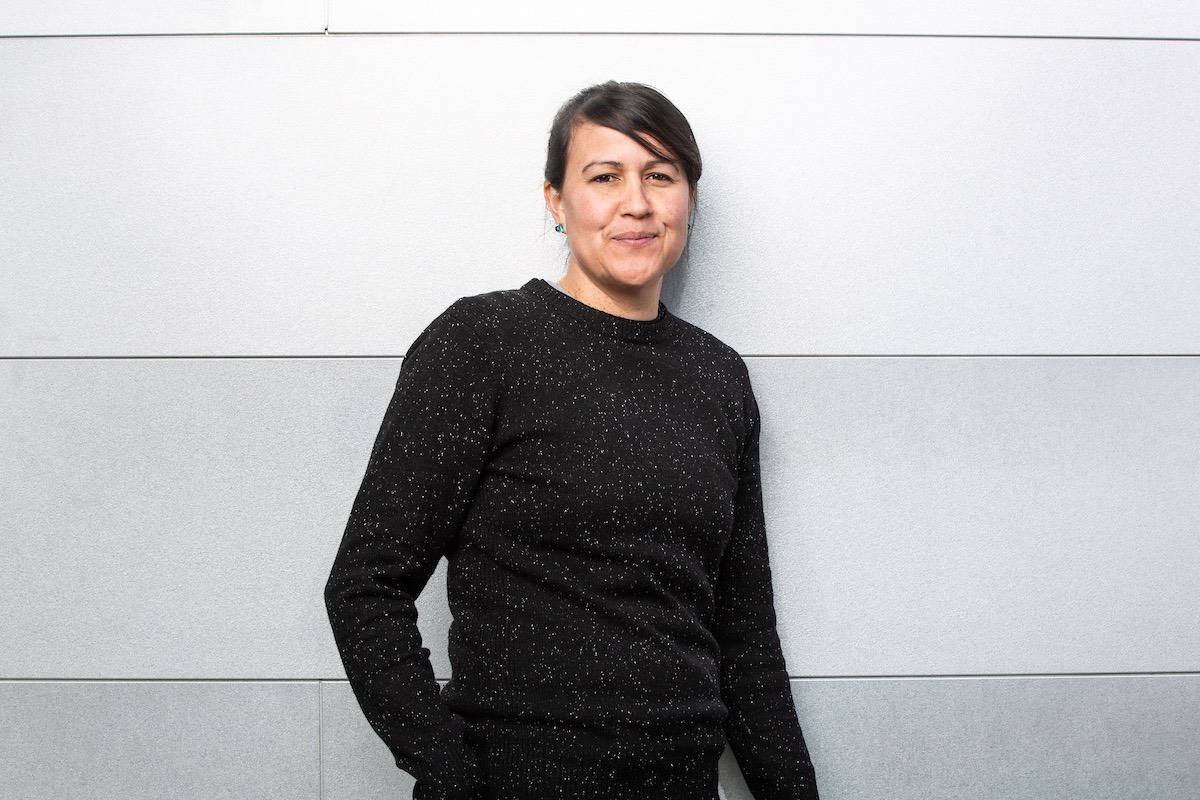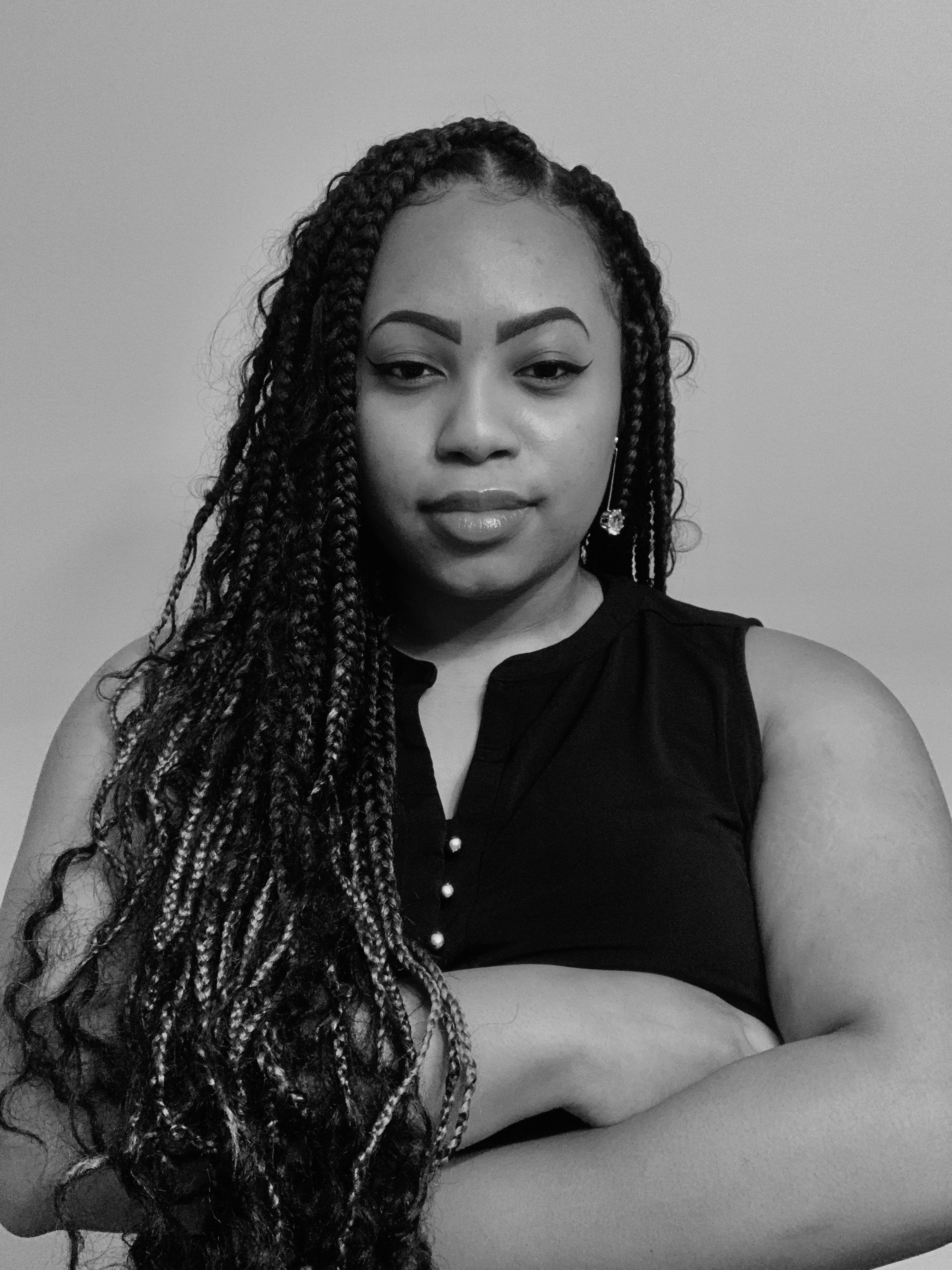
6 Women & Nonbinary Writers that Decolonize the Narrative
LIVING LIBRARY
KRIS KAILAGO BACK TO THE RESOURCE CENTER >
As February fades into March and we leave one celebration of a minority group to another, I have been thinking about what these celebrations really mean to me. As a Punjabi/Indian woman of color this is something I ponder on the daily. I never thought of myself as a poet because I didn’t see women poets of Indian descent in the North American public libraries or school curriculums where I encountered literature growing up. It wasn’t until I read “Still I Rise” by Maya Angelou in my early 20s that I realized the possibility of, and my desire to, write my own poetry.
For me, the poetry greats are lists of names saturated by dead white guys. Not because I think they are geniuses, but because that’s what I was taught in school. Throw in some Emily Dickinson, Elizabeth Barrett Browning, and another dead white chick (Sylvia Plath maybe)–and boom–now you supposedly have a “wide range” of great poets. And maybe, if you are really lucky–which I wasn’t at all–you get to learn about Maya Angelou and Langston Hughes. This is probably the extent of most North American early poetry education. While I now have a Bachelor in Arts, most of my creative writing has been self-taught and through workshops that spread awareness about the poets that really speak to the heart of life. Whether it is love—romantic, platonic, good, bad—or just relationships with yourself and your body, poetry is steeped in history. And, unfortunately, the dead white dudes of the world don’t always have the truth on their side—just the privilege to have a voice.
Poetry is political
I recently went to a poetry reading featuring traci kato-kiriyama (author of Navigating With(out) Instruments) where they talked about their grandfather visiting them in their poems. traci also writes about the American internment camps of Japanese descendants where their family was once held. As traci read the words they have seen and read many times, traci started to weep. Soaking up their tears with their elegant fingers, traci said, in a strong but trembly voice, “ I will never apologize for crying. Tears are truth surfacing.” That’s what poetry is about. Truth surfacing. History has been written by a particular group for so long, that we take for granted that what is constantly on a loop is rooted in fact and truth. traci says, “I create as part of a continuum of survival, gathering, belonging, of excavation, joy, queerness, of breaking lines, walls, silence.”
Writing is often seen as a solitary practice, but I find when I write I am surrounded by more than my voice and stories. There is so much good and bad baggage I carry internally and my words become a discussion of all that makes me. The habit of remaining silent, putting up walls, not exploring my own body has cut me off from people and relationships and kept me in the throes of trauma. traci says this beautifully:
“I have learned and continue to learn how I love myself through the ways I love “other” and all of our shared, parallel, disparate, different yet interconnected paths through struggle & resistance and toward collective self-determination, care, joyous liberation and peace - these principles and guiding values are what I aspire to show through my process, practice and creative communication & connection with each individual and the world at large.”
In recent years, I have been trying to unlearn the white supremacy of our history and look at materials with a Critical Race Theory lens. I’m teaching myself about the actual history of North America and trying to navigate what I need to know, and what I don’t know I need to know. You can write and read poetry, and history, but until you share your words and ideas I don’t think you are having the full conversation. Attending poetry readings, book clubs with #ownvoice selections, and workshops helps me find the truth unveiled. Reading poems written by poets of color, women, LQBTQ2S+ and folx with disabilities helps me find strength.
So who are some of the authors that have lit my fire? Well, let me introduce you to some poets that wring out truth punches like Muhammad Ali. Here are six knock-outs writers inspire me to decolonize myself and my writing:

traci kato-kiriyama
(they+she), author of Navigating With(out) Instruments–based on unceded Tongva land in the south bay of Los Angeles–is an award-winning multi-, inter- and transdisciplinary artist, recognized for their work as a writer/performer, theatre deviser, cultural producer, and community organizer. As a storyteller and Artivist, tkk is grounded in collaborative process, collective self-determination, and art+community as intrinsically tied and a critical means toward connection and healing. She is a performer & principal writer for PULLproject Ensemble, two-time NET recipient; NEFA 2021-22 finalist for their show TALES OF CLAMOR. tkk –presented for over 25 years in hundreds of venues throughout North America as a writer, actor, poet, speaker, guest lecturer, facilitator, Artist-in-Residence, and organizing / arts & culture consultant— has come to appreciate a wildly hybrid career (w/ presenters incl. LaMaMa Cabaret; Enwave Theatre; The Smithsonian; The Getty; Skirball Cultural Center; and Hammer Museum, to Zero Gravity; Grand Park; Whisky a Go Go; Hotel Cafe; House Of Blues Foundation Room; and countless universities, arts spaces, and community centers across the country). Their work is also featured in a wide swath of media and print publications (incl. NPR; PBS; Elle.com; Entropy; Chapparal Canyon Press; Tia Chucha Press; Bamboo Ridge Press; Heyday Books; Regent Press).
Tiana Clark
I learned about Tiana Clark from a Braintrust workshop instructed by Danielle Mitchell. After hearing Clark’s poem, “Nashville”, I started looking up my local library’s catalog while still in the Zoom! I read I Can’t Talk About the Trees Without the Blood slowly, cover to cover, sometimes petting the lines like I could soak up the words through my fingertips and feel them all in my body. I found the writing raw and delicious at the same time.
Tiana Clark(she/her) is the author of the poetry collection, I Can’t Talk About the Trees Without the Blood (University of Pittsburgh Press, 2018), winner of the 2017 Agnes Lynch Starrett Prize, and Equilibrium (Bull City Press, 2016), selected by Afaa Michael Weaver for the 2016 Frost Place Chapbook Competition. Clark is a winner for the 2020 Kate Tufts Discovery Award (Claremont Graduate University), a 2019 National Endowment for the Arts Literature Fellow, and the 2015 Rattle Poetry Prize. She is a recipient of the 2021-2022 Amy Lowell Poetry Traveling Scholarship and 2019 Pushcart Prize. Clark is the 2017-2018 Jay C. and Ruth Halls Poetry Fellow at the Wisconsin Institute of Creative Writing. She is the recipient of scholarships and fellowships to the Bread Loaf Writers' Conference, Sewanee Writers' Conference, and Kenyon Review Writers Workshop. Clark is a graduate of Vanderbilt University (M.F.A) and Tennessee State University (B.A.) where she studied Africana and Women's studies. Her writing has appeared in or is forthcoming from The New Yorker, Poetry Magazine, The Atlantic, The Washington Post, Virginia Quarterly Review, Tin House Online, Kenyon Review, BuzzFeed News, American Poetry Review, Oxford American, The Best American Poetry 2022, and elsewhere. She is the Grace Hazard Conkling Writer-in-Residence at Smith College.
Natalie Diaz
Natalie Diaz’s collection Postcolonial Love Poem bowled me over. Diaz took all the hard stuff and put into words that you want to roll around in your mouth. I love reading poetry out loud, and this collection begs you to read it all in one shot as your voice grows hoarse.
Natalie Diaz was born and raised in the Fort Mojave Indian Village in Needles, California, on the banks of the Colorado River. She is Mojave and an enrolled member of the Gila River Indian Tribe. Her first poetry collection, When My Brother Was an Aztec, was published by Copper Canyon Press in 2012. She is 2018 MacArthur Foundation Fellow, a Lannan Literary Fellow and a Native Arts Council Foundation Artist Fellow. She was awarded a Bread Loaf Fellowship, the Holmes National Poetry Prize, a Hodder Fellowship, and a PEN/Civitella Ranieri Foundation Residency, as well as being awarded a US Artists Ford Fellowship. Diaz teaches at the Arizona State University Creative Writing MFA program.
Nikki Wallschlaeger
I picked up Nikki Wallschlaeger’s book, Waterbaby, while browsing at a library based on the cover. The cover has a picture of the author as a child, and that drew me in. I didn’t get a chance to savor this collection due to other commitments, but what I read quickly reminded me a bit of Morgan Parker’s voice – specifically the tone of her voice.
Nikki Wallschlaeger’s work has been featured in The Nation, Brick, American Poetry Review, Witness, Kenyon Review, Poetry, and others. She is the author of the full-length collections Houses (Horseless Press 2015) and Crawlspace (Bloof 2017) as well as the graphic book I Hate Telling You How I Really Feel (2019) from Bloof Books. She is also the author of an artist book called Operation USA through the Baltimore-based book arts group Container, a project acquired by Woodland Pattern Book Center in Milwaukee. Her third collection Waterbaby is forthcoming from Copper Canyon Press in 2021.
Taylor Byas
Attending workshops, and now working, at The Poetry Lab has introduced me to more poets of colour. Two such poets, Taylor Byas and Luivette Resto, will be stopping by to teach at one of our Sunday Series workshops. Taylor’s workshop will be on April 10. I am excited to not only read their books, but also get a new perspective of what it means to write, and be a poet.
Taylor Byas (she/her) is a Black poet and essayist. Originally from Chicago, she moved to Alabama for six years, where she received both her Bachelor’s degree in English and her Master’s degree in English (Creative Writing concentration) from the University of Alabama at Birmingham. Taylor currently lives in Cincinnati, Ohio where she is a third year PhD student and Albert C. Yates Scholar at the University of Cincinnati studying poetry. She is also an Assistant Features Editor for The Rumpus.
Luivette Resto
Luivette Resto (she/her/ella) is a mother, teacher, poet, and Wonder Woman fanatic born in Aguas Buenas, Puerto Rico but proudly raised in the Bronx. Her two books of poetry Unfinished Portrait and Ascension have been published by Tía Chucha Press. Some of her latest work can be found on the University of Arizona’s Poetry Center website, Bozalta, Spillway, and North American Review. Her third poetry collection is forthcoming with FlowerSong Press. She lives in the San Gabriel Valley with her three children aka her revolutionaries. Luivette’s workshop will be held on May 15.
March is almost coming to an end as I finish writing this. April is Poetry month, and I invite you to read a woman/non-binary poet of colour. Then I want you to look them up. Where do they live, or have lived? What culture(s) do they identify with? What are they passionate about? And if you enjoy their work, tell someone. That is all it takes to start to learn about history in the context of real perspectives, and move towards a more equitable future.
This article was published on April 1, 2022. Written by:
















